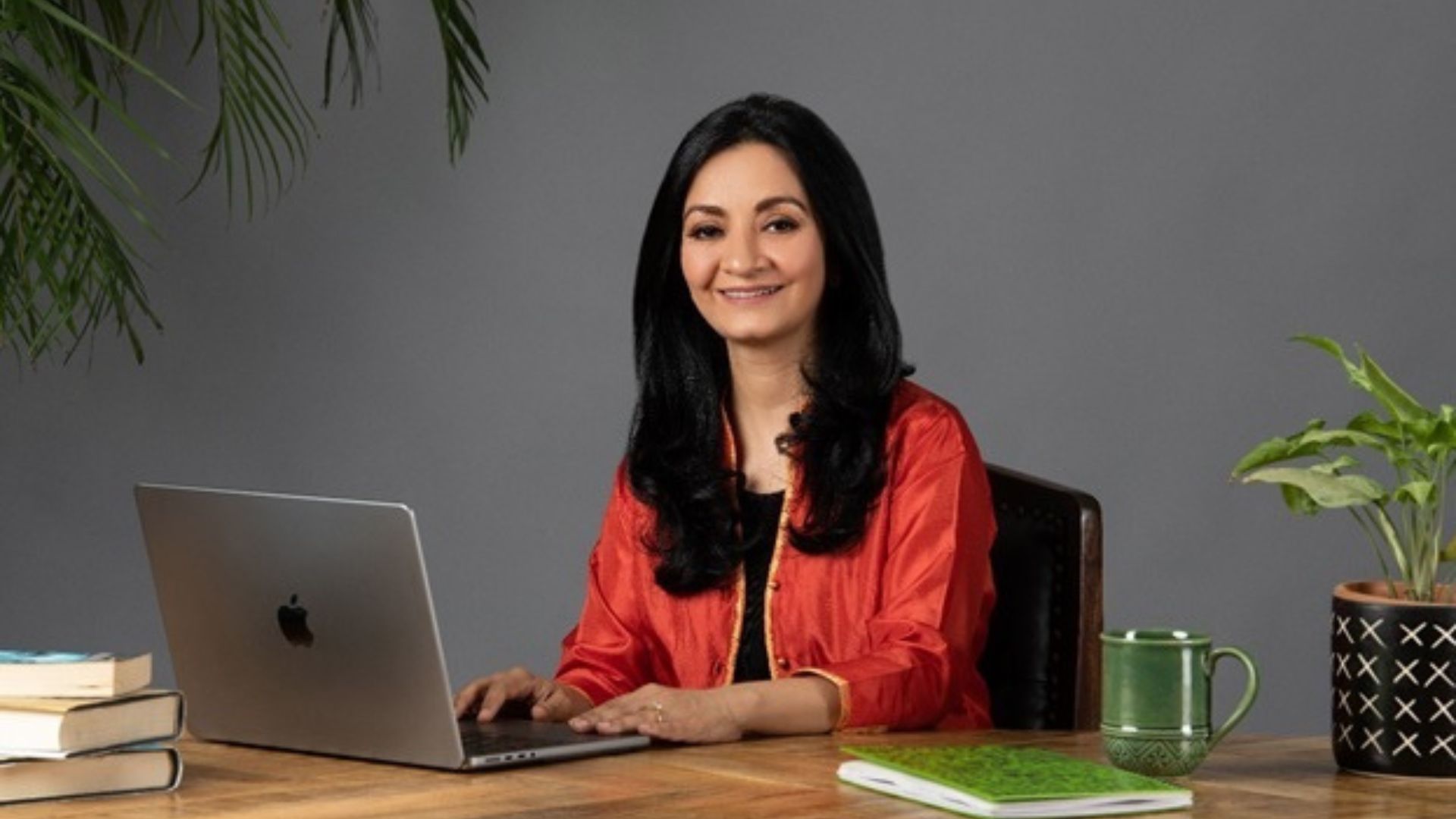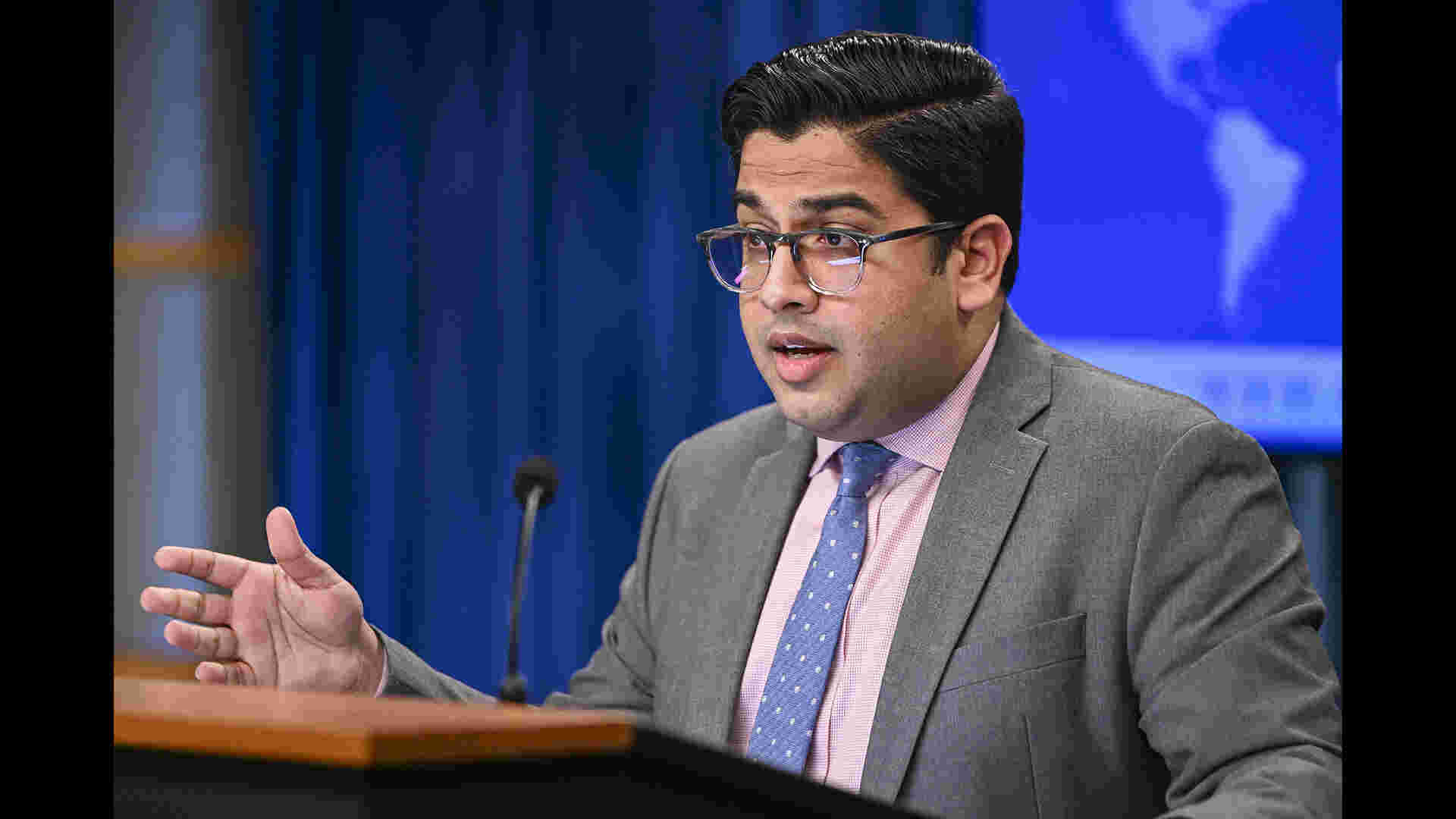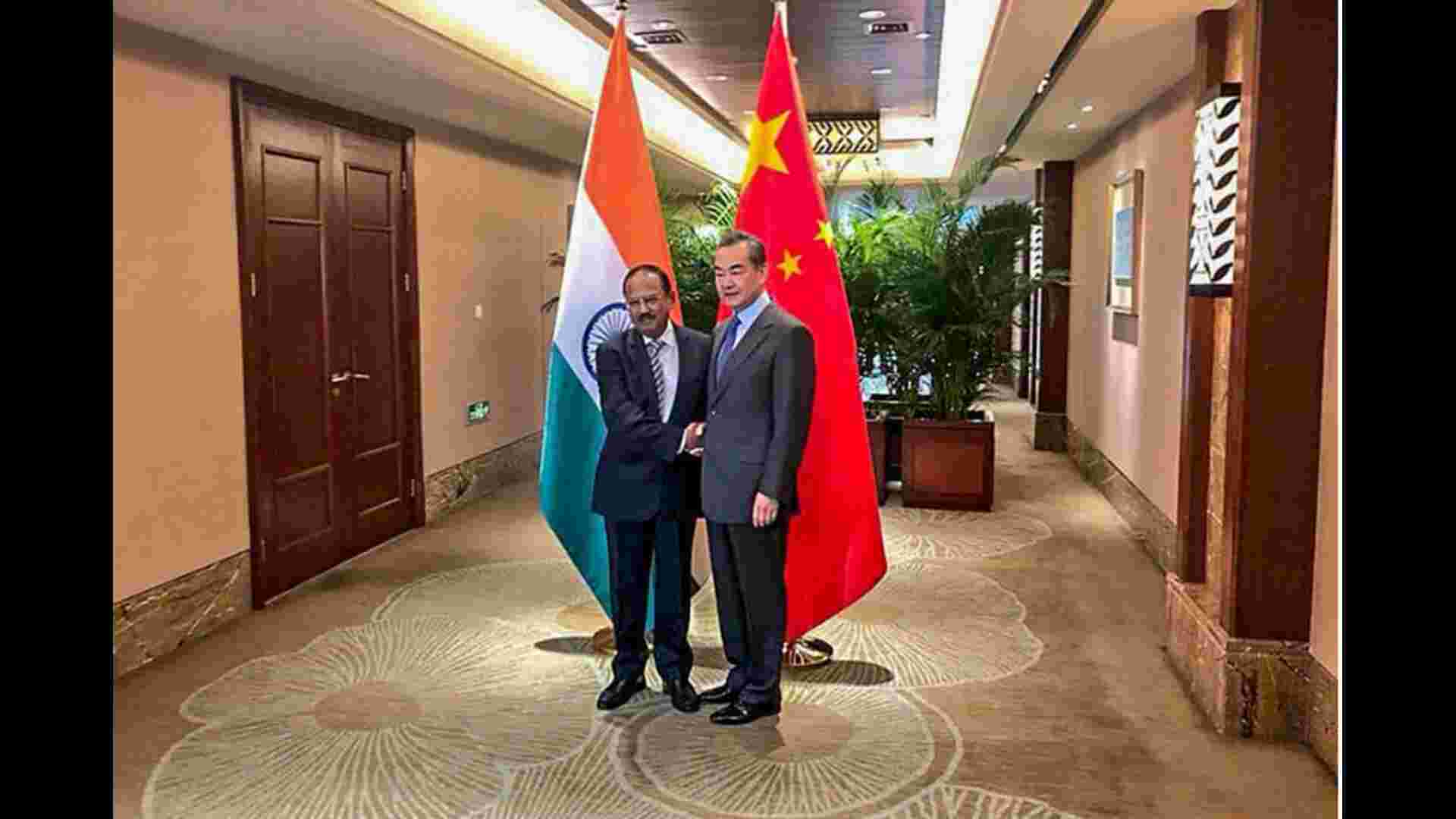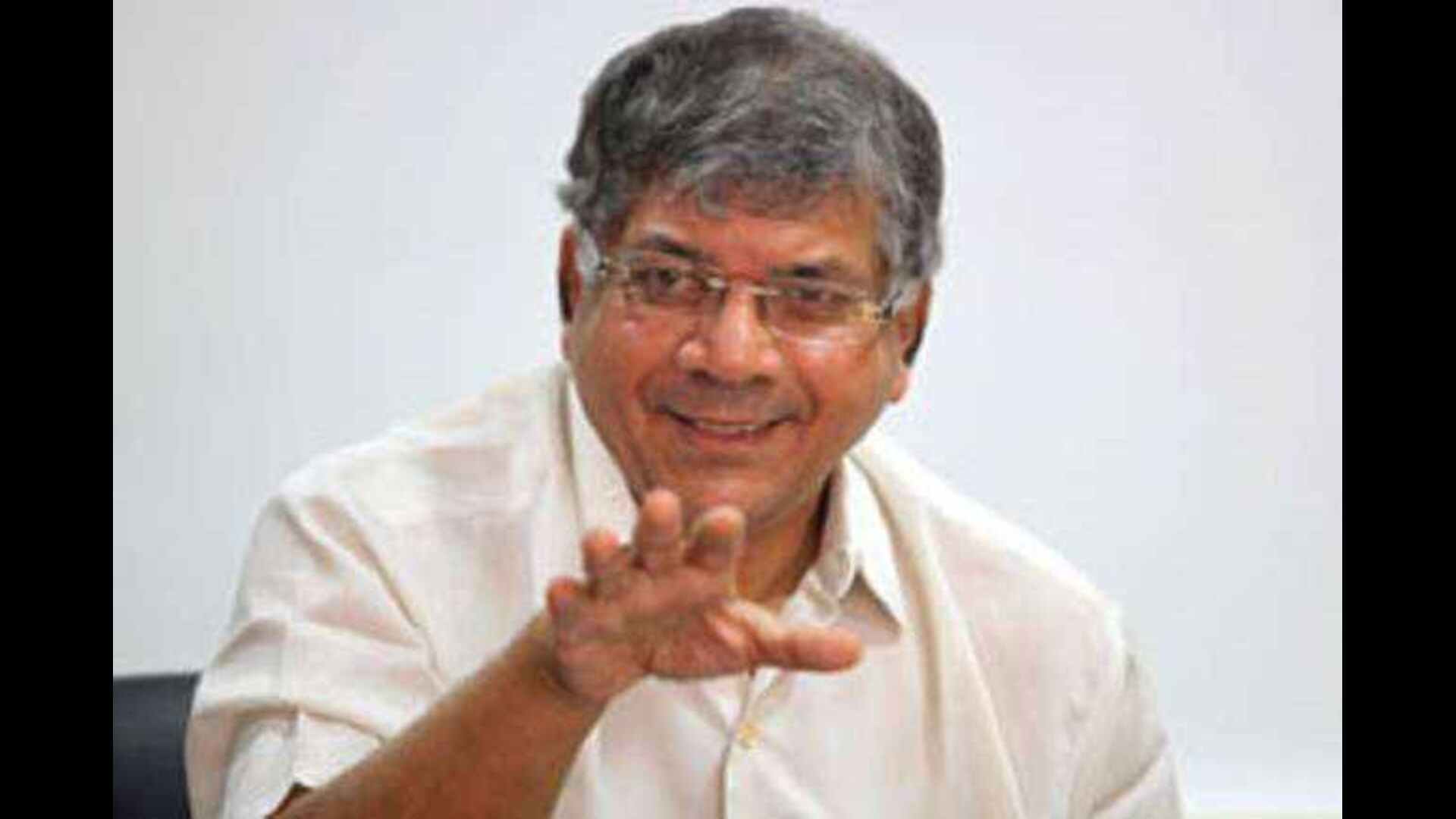
Ruchira Shukla, Co-Founder & Managing Partner of Synapses, spearheaded early-stage technology investments at IFC, where her portfolio included Upgrad, Blackbuck, and Byju’s. With expertise in climatetech and healthtech, she’s a pioneer in STEM-led ventures. Her diverse background includes roles at Boston Consulting Group and Lehman Brothers. A graduate of IIT Delhi, IIM Ahmedabad, and The Wharton School, her passions extend to Bollywood music and romantic comedies, enjoying heartfelt conversations over a cup of tea.
Q. What inspired you to transition from your roles at the International Finance Corporation to co-founding Synapses, a VC Fund focused on STEM-led investments in ClimateTech and HealthTech?
A. At IFC, I was leading the South Asia business for Disruptive Technologies that focused on direct technology investments as well as VC fund investments. Almost half of the companies we backed grew to be leaders in their spaces resulting in strong financial returns and large impact. Building Synapses is an effort to broaden and deepen my work as we aim to deliver 5-7x returns by creating global market leaders in large sectors. Rapid climate change and the lack of heathcare services are the most pressing problems facing humanity today and startups building STEM-led businesses in these large sectors promise to deliver huge returns while delivering strong impact. Moreover, my work over the past 25 years across the US, Europe and Asia in roles spanning private equity, venture capital, strategy consulting and startup operations, has helped me develop a playbook for identifying, evaluating and supporting technology ventures that can grow to become capital efficient and profitable global leaders.
Q. Can you share some insights into your investment philosophy at Synapses, particularly regarding your sectors of focus on STEM-led ventures in ClimateTech and HealthTech?
A. Synapses focuses on sectors and subsectors across climate mitigation, resilience and adaptation. We are backing businesses that are enabling energy transition to clean energy sources and helping decarbonize industry, transport, agriculture and the built environment. Our sectors of focus also include resource productivity, circular economy, smart waste management, climate smart agriculture, better land use and biodiversity. We are also keen to support greener pathways to healthcare delivery as well technologies that enable agile, accessible and affordable healthcare such as medtech solutions, genomics based care and AI SaaS based patient management solutions. In these sectors, startups that have a unique STEM solution have the potential to become global leaders and generate strong financial returns.
Q. With your extensive experience in venture capital and private equity across different regions and sectors, what key factors do you consider when evaluating potential investments in early-stage technology businesses?
A. We look for step change disruptions in large spaces and STEM solutions with a unique engineering, science or IP moat. We look for management that are coachable and keen to draw on inputs and support from investors and other stakeholders. We are also extremely focused on commercial viability and want to support capital efficient business models that have a clear path to profitability.
Q. As the Global Lead for HealthTech at IFC, you focused on innovations in women’s health. What trends do you foresee in this space, and how do you think technology can drive meaningful advancements in women’s health globally?
A. Conventional health systems are not geared to be able to support the escalating disease burden and the adverse health impacts of climate change. Women and children are the most vulnerable groups and are unable to get the support they need as health facilities are either inaccessible or unaffordable. Technology led business models can deliver agile, portable and smart diagnostic solutions that can be powered by patient data and enable personalised disease management as well as remote health service delivery at affordable price points.
Q. What advice would you give to entrepreneurs looking to pitch their STEM-led startups to venture capital funds like Synapses?
A. Entrepreneurs need to take a long term view and build STEM solutions that are amongst the best in the world, reach out and collaborate with like-minded innovators in other parts of the world and leverage the support of their investors to design capital efficient commercial pathways.
Q. How do you see the intersection of technology and sustainability shaping the future of venture capital investment, particularly in addressing global challenges like climate change and healthcare access?
A. The confluence of technology and sustainability is a space where a lot of venture support is needed over the next two decades. The technologies in these spaces can be scaled across national boundaries and hence lend themselves well for becoming regional and global winners. Not only do these technologies address large global challenges but in doing so, they also present large financial return opportunities.















